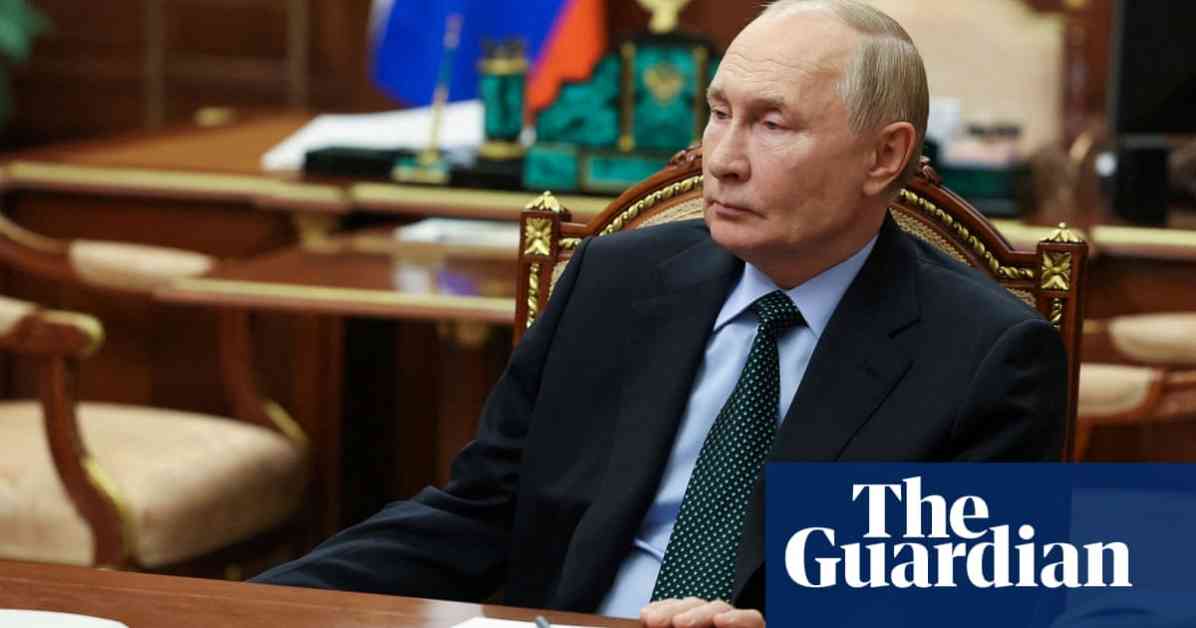The recent escalation of Russian hybrid warfare has sparked fear and concern in the US and Europe. The US state department expressed deep worry about Russia’s aggressive tactics against the west, especially after Ukraine’s use of US-made long-range missiles on Russian targets. This move has raised concerns that the situation could worsen as Russia has threatened an “appropriate” response and even changed its nuclear doctrine recently.
Western officials believe that Russia’s retaliation might not be limited to the battlefield in Ukraine but could manifest in other parts of the world. Potential hybrid attacks could involve sabotage, assassinations in Europe, or arming US adversaries in the Middle East and Indo-Pacific regions. European ministers discussed Russia’s asymmetric warfare during a meeting in Brussels and accused Russia of systematically attacking European security architecture.
US State Department spokesperson Matthew Miller emphasized the need for close coordination with European allies to address the threat of hybrid warfare conducted by Russia. The recent sabotage of under-sea fiber-optic communication cables in the Baltic Sea was condemned, and Russia was warned that they would be held accountable for such actions.
The use of US-made long-range missiles by Ukraine on Russian targets has escalated tensions further. The first Ukrainian attack with Atacms struck an ammunition warehouse in the Bryansk region, resulting in a fire at a military facility. Russia claimed that five missiles were shot down, but a US official contradicted this, stating that only two were intercepted. Russian Foreign Minister Sergei Lavrov promised an appropriate response to this use of US-made missiles.
The possibility of Russia stepping up attacks on US and European infrastructure has been a topic of discussion among officials. Nato and the EU have been called upon to do more to protect critical infrastructure from potential Russian sabotage. German Defense Minister Boris Pistorius stated that the recent damage to undersea cables in the Baltic Sea was likely the result of sabotage, raising concerns about Russia’s capabilities and willingness to conduct such attacks.
The EU has been criticized for being unprepared to counter Moscow’s escalating hybrid warfare, with concerns that Russian sabotage attacks could intensify following Biden’s decision to provide Ukraine with long-range missiles. Russia’s recent wave of attacks has been described as closer to terrorism, aimed at intimidating populations and influencing decision-making in favor of Russia.
The US has indicated that the decision to allow Atacms strikes aimed to respond to the introduction of North Korean soldiers into the fight on behalf of Russia. While Russia has vowed retaliation, analysts believe that its battlefield options are limited, and the likelihood of resorting to the nuclear option remains low.
As tensions continue to rise between Russia and the west, the situation remains fluid, with concerns about potential escalation and the need for coordinated efforts to address the threat of hybrid warfare. The use of US-made long-range missiles by Ukraine has added a new dimension to the conflict, raising fears of further aggression and destabilization in the region.












